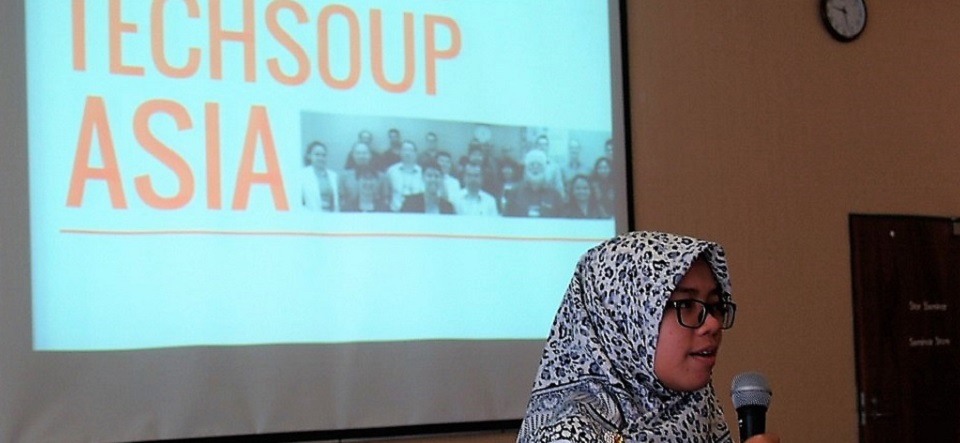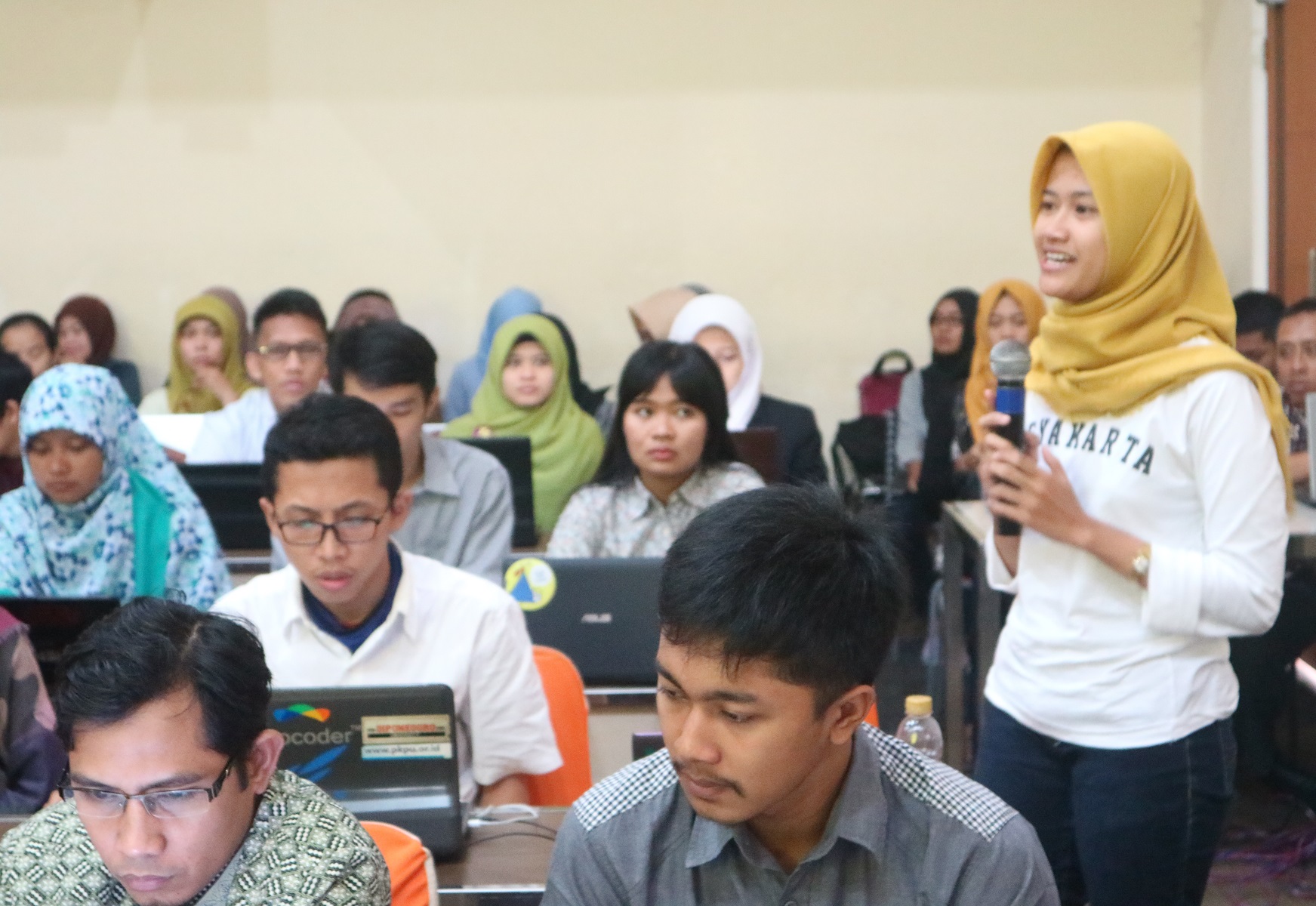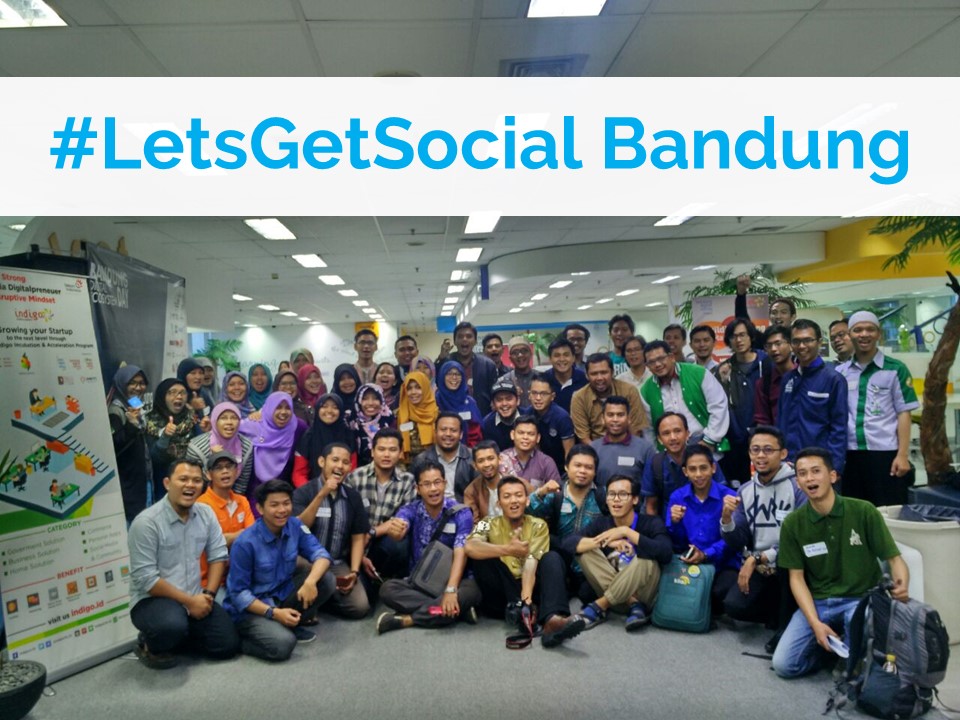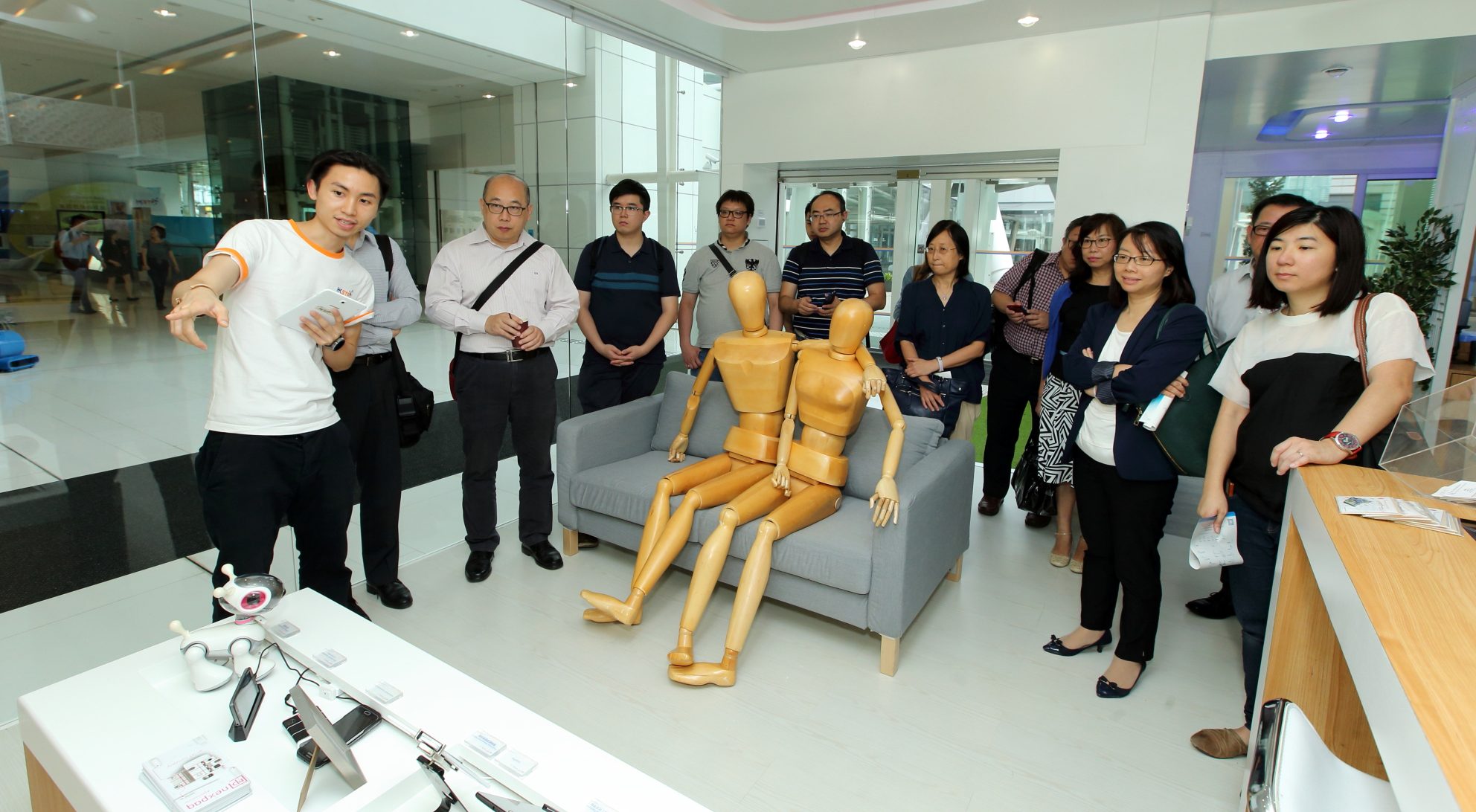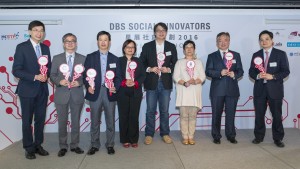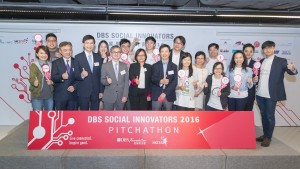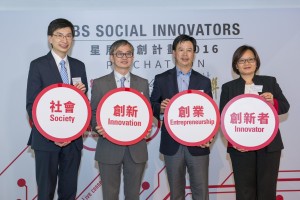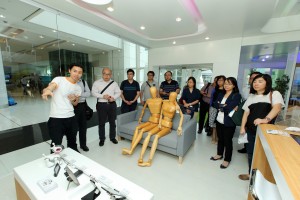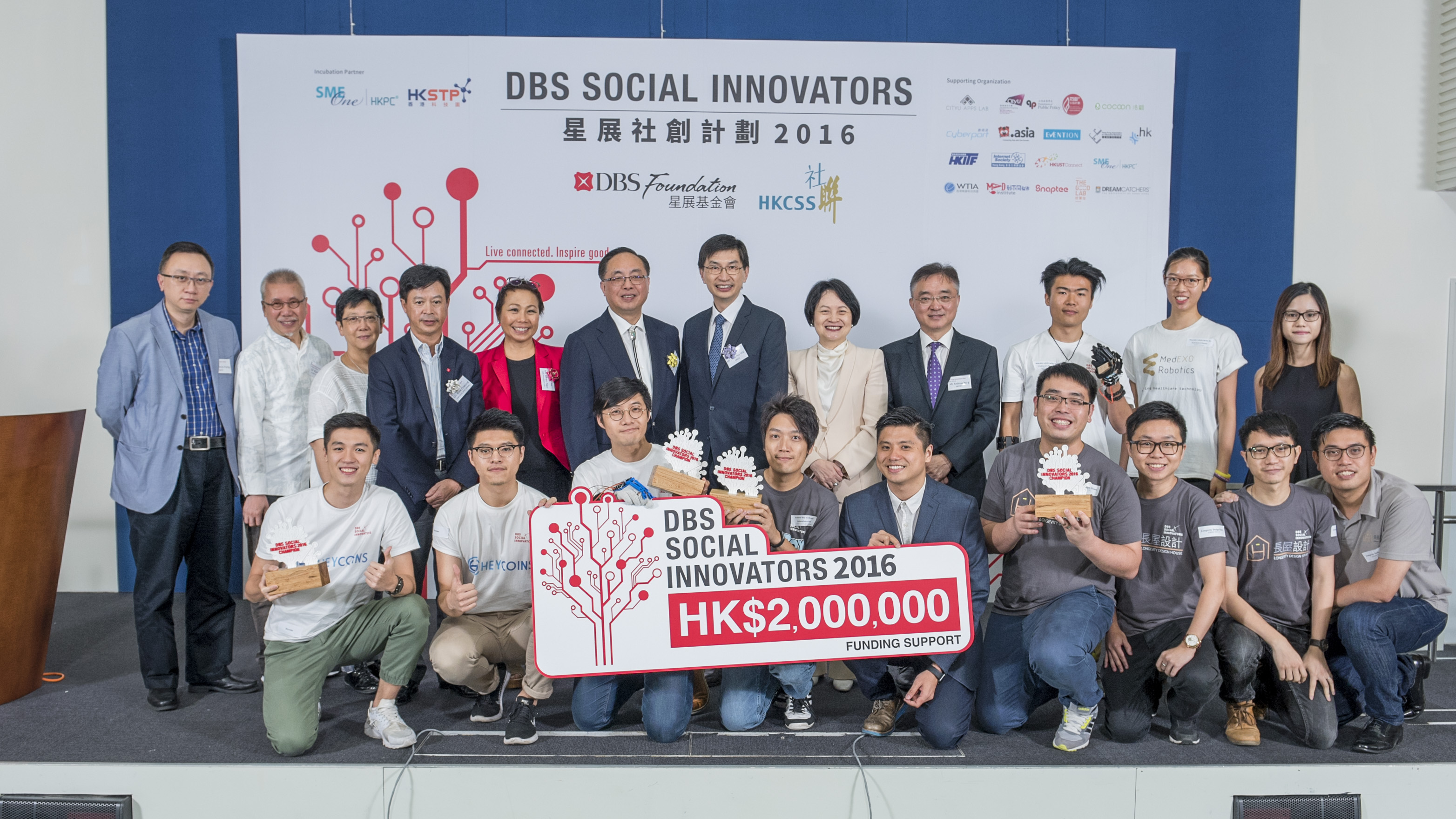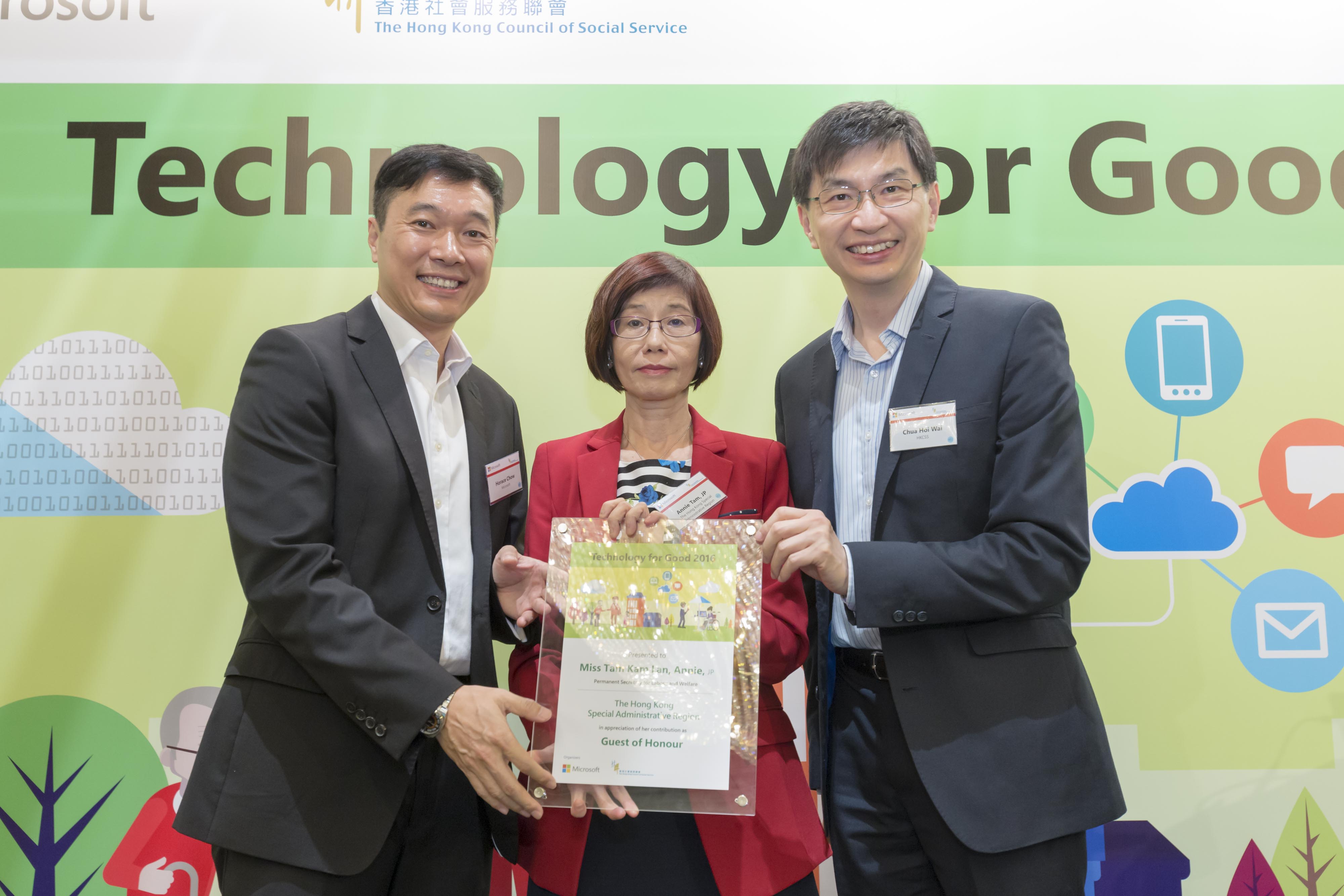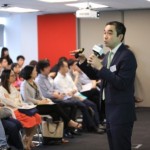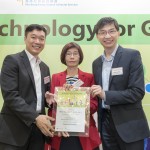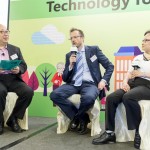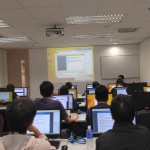In the last decade, Malaysia has accelerated to become among the top three fastest moving digital economies in the world, a combination of easily accessible Internet, improved physical infrastructure, and a growing smartphone population.
Small-Medium Enterprises (SMEs) and Entrepreneurs leverage on digital-focused initiatives established by the government – Multimedia Super Corridor (MSC) Malaysia, Malaysia Digital Economy Corporation (MDEC). In more recent years, MaGIC Academy, a part of the MDEC ecosystem, was set up to support startups in the country.
The Malaysian government has also developed new initiatives under the digital economy plan which will focus on four key areas
i) Empowering digital businesses to compete globally;
ii) Offering local accreditation to foreign companies;
iii) Building local talent including e-commerce, cloud, creative technology, Internet of Things and Big Data; and iv) Helping citizens launch their businesses online.
One of the key components in the economic development of a nation are civil society organizations and nonprofits, who strive to create and stimulate positive social impact. Despite the extensive support for SMEs and startups, Malaysia lacks a similar framework to build capacity of civil society organizations. Many of these nonprofits not only lack resources, manpower, human capital but also basic technology know-hows.
In partnership with TechSoup Asia-Pacific’s Malaysia partner Yayasan Salam, the team organized a training and awareness outreach to smaller cities in Malaysia over the last quarter of 2016.
The three awareness programs in Kuala Lumpur, Johor Bahru and Kuching (East Malaysia) received more than 100 attendees from over 35 different organizations. Through these outreach awareness and training programs, it enabled us to clearly identify technology skills that nonprofit organizations require:
- Social media training
- Free communication tools
- Crowd funding
- Cloud computing
- Maximiing benefits for nonprofits e.g. GoogleAdWords
- Leveraging on technology to solve social problems
Enhancing I.T skills are critical not only in helping nonprofits advance their development, but also helping Malaysia achieve its goal of becoming a digitally inclusive community.

